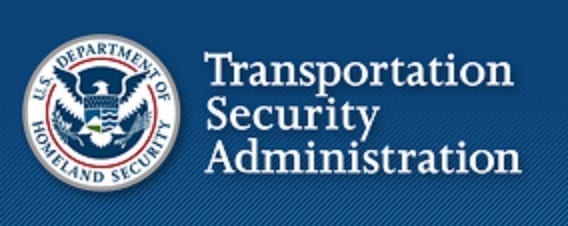The Transportation Security Administration may have overstated the scientific validity their SPOT program.
The Transportation Security Administration (TSA) may have overstated the scientific validity of a program that uses behavior detection to spot ill-intended passengers, at least according to the American Civil Liberties Union (ACLU). The TSA currently attempts to spot signs of stress, fear or deception in flight-goers by using a list of more than 90 criteria to weed out potential problem passengers. Fishy behaviors may include fidgeting, avoiding eye contact or making questionable comments. Agents, who are sometimes dressed casually and unassuming, are trained to approach individuals and engage them in conversation, asking probing questions that may lead to suspicion. This program is called SPOT — Screening Passengers by Observation Techniques, which the TSA paid more than $1 billion to institute back in 2007. When it was launched, 3,000 behavior detection agents were assigned to 176 airports nationwide.

While the program’s reliability has been deemed spot on to agents, new studies have found that the ability for TSA officials to accurately identify shady behavior is little more than mere chance, and there is too much subjectively involved. Determining whether or not passengers are “suspicious” depends on the viewpoint of the individual agent. The report filed by ACLU, which is based on more than 12,000 pages of studies used by the TSA, questions the tactics used and claims that there have actually been incidents of racial profiling. Certain minority groups, including Middle Eastern, Muslim and Latino travelers, have been targeted for extra screening and interrogation, leading to investigations in Chicago, Honolulu and Miami. The TSA has assured claimants that the Department of Homeland Security does not discriminate on the based of race or religion.
ACLU claims that the same reports used to defend the program’s effectiveness actually undermine it, and a lawsuit was filed by the group in 2015 after the TSA refused to respond to a Freedom of Information Act request to release the reports. ACLU says the literature clearly indicates there are flaws with SPOT, but the TSA has done nothing to attempt to reform the program. The agency has opted, rather, to turn a blind eye on its doubters, and continue status quo.

The TSA says the argument is bogus, and the tactics used are indeed effective and timeless. According to the agency, the principles SPOT is based on have been replicated and widely used over the years by members of law enforcement. Spokesperson Bruce Anderson says that unlike technology, SPOT won’t become obsolete, going on to claim the program includes many facets logically designed to deter terrorist threats. In a statement made this week, the TSA argued its point, “TSA’s behavior detection approach is designed to identify and engage individuals who may be high-risk (e.g., possess malicious intent) on the basis of an objective process using behavioral indicators and thresholds, and then route them to additional security screening. It is one element of TSA’s efforts to mitigate threats against the traveling public, and is critical to TSA’s systems approach to deter, detect, and disrupt individuals who pose a threat to aviation.”
Sources:
TSA’s behavior detection program lacks scientific basis, ACLU says
TSA’s own files say its program to stop terrorists is unreliable, ACLU says


Join the conversation!